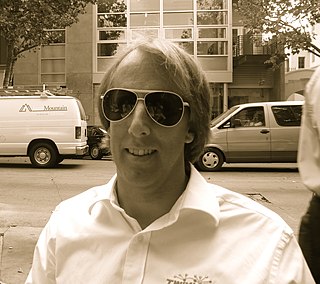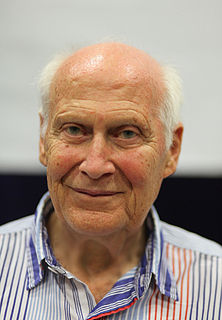A Quote by Neil Macdonald
While most of us have long understood that privacy is a fading commodity, something in human nature still expects that a phone call or email is a closed communication, and we tend to behave as though it is. That behaviour is what the electronic spies count upon, and want to preserve.
Related Quotes
Sure, end-to-end encryption means that whether it's a phone call we're on or an email message we're sending or any form of electronic communication, that the content of that communication is encrypted from your device, such as your phone or PC, unto the other person's device at the other side, wherever they might be on the planet Earth.
I like texting as much as the next kidult - and embrace it as yet more evidence, along with email, that we live now in the post-aural age, when an unsolicited phone call is, thankfully, becoming more and more understood to be an unspeakable social solecism, tantamount to an impertinent invasion of privacy.
Coolidge liked the dignity of the presidency. He didn't get on the phone easily. It's possible that he banished the phone from his desk. He was known to use it from time to time. The person who was hilarious with the phone was Hoover. He was a real engineer. He made a closed circuit phone where he could call the important people and they could call him, a government hotline, but it was closed. He shut out the possibility of input from people he didn't expect to get input from.
A human moment is a term I invented to distinguish in-person communication from electronic. Human moments are exponentially more powerful than electronic ones. I mean face-to-face, in-person contact and communication. I have identified several modern paradoxes and the first is that, for various reasons, we have grown electronically superconnected but we have simultaneously grown emotionally disconnected from each other.
And if I may, call your mom, everybody. I've told this [to], like, a billion people, or so. Call your mom, call your dad. If you're lucky enough to have a parent or two alive on this planet, call 'em. Don't text. Don't email. Call them on the phone. Tell 'em you love 'em, and thank them, and listen to them for as long as they want to talk to you. Thank you. Thank you, Mom and Dad.
That I can read and be happy while I am reading, is a great blessing. Could I have remembered, as some men do, what I read, I should have been able to call myself an educated man. But that power I have never possessed. Something is always left--something dim and inaccurate--but still something sufficient to preserve the taste for more. I am inclined to think that it is so with most readers.
A novel is balanced between a few true impressions and the multitude of false ones that make up most of what we call life. It tells us that for every human being there is a diversity of existences, that the single existence is itself an illusion in part, that these many existences signify something, tend to something, fulfill something; it promises us meaning, harmony, and even justice.
When I was a kid, phone calls were a premium commodity; only the very coolest kids had a phone line of their own, and long-distance phone calls were made after eleven, when the rates went down, unless you were flamboyant with your spending. Then phone calls became as cheap as dirt and as constant as rain, and I was on the phone all the time.
In the beginning, I want to say something about human greatness. Some time ago, I was reading texts of Kungtse. When I read these texts, I understood something about human greatness. What I understood from his writings was: What is greatest in human beings is what makes them equal to everybody else. Everything else that deviates higher or lower from what is common to all human beings makes us less. If we know this, we can develop a deep respect for every human being.

































